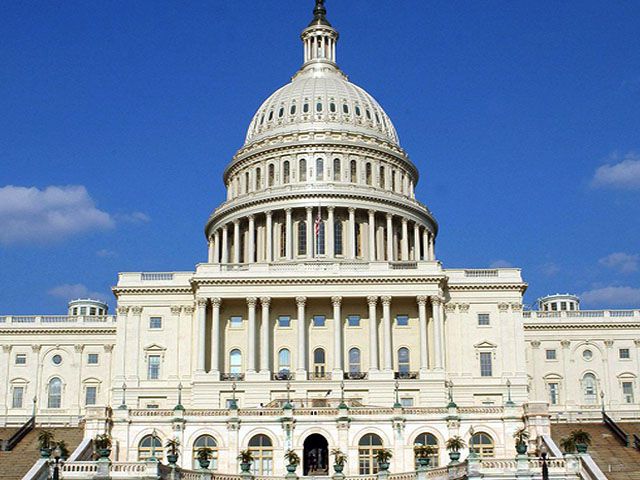WASHINGTON: The Democratic-led House, with President Joe Biden’s backing, passed legislation Thursday to repeal the 2002 authorization for use of military force in Iraq, a step that supporters said was necessary for Congress to reassert its constitutional duty to weigh in on matters of war. Detractors worried it would embolden militias or terrorist groups. The repeal was passed overwhelmingly, 268-161. Forty-nine Republicans voted for the bill. Only one Democrat, Rep. Elaine Luria of Virginia, voted against it. In the Senate, Majority Leader Chuck Schumer, D-N.Y., intends to bring the measure to the floor this year.
Supporters said repeal would not affect US military operations around the world, but could prevent a president from relying on the 2002 authorization to conduct unrelated military actions. The White House says there are no ongoing military activities reliant solely upon that authorization. The authorization was directed against the government of Iraq’s Saddam Hussein, authorizing the “necessary and appropriate” use of force to “defend US national security against the continuing threat posed by Iraq” and to “enforce all relevant” U.N. Security Council resolutions regarding Iraq. “Repeal is crucial because the executive branch has a history of stretching” the authorization’s legal authority, said Democratic Rep. Gregory Meeks of New York, chairman of the House Foreign Affairs Committee. “It has already been used as justification for military actions against entities that had nothing to do with Saddam Hussein’s Ba’athist dictatorship simply because such entities were operating in Iraq.”
Rep. Michael McCaul, R-Texas, said he agreed the authorization was outdated, but he argued that Congress should not repeal it without also approving a replacement.
“We should not encourage any president to go it alone without Article I congressional authorization,” McCaul said.
The action follows years of debate over whether Congress has ceded too much of its war-making authority to the White House. Many lawmakers, particularly Democrats, say passage of the 2002 authorization was a mistake, and some Republicans agree the authority should be taken off the books. Some lawmakers say the 2001 resolution to fight terrorism, passed after the attacks of Sept. 11, 2001, should be reexamined as well. As a senator in 2002, Biden voted for the resolution that President George W. Bush used to invade Iraq the following year. Biden was not considered a leading critic of that 2003 military operation at the time, despite his claims as a presidential candidate in 2020.
Biden faced considerable criticism for the vote during the Democratic primary campaign. He and his aides, including now-Secretary of State Tony Blinken, initially defended the vote by saying the Bush administration wanted more leverage against Hussein and that Biden hadn’t intended his vote as a blank check. Biden eventually called the resolution a mistake.
Democratic Rep. Barbara Lee of California, the bill’s sponsor, said that 87% of the current members of the House were not in Congress in 2002 and that the authorization for military force passed at that time bears no correlation to the threats the nation faces today. She also was the lone vote against the 2001 auhtorization following Sept. 11.






